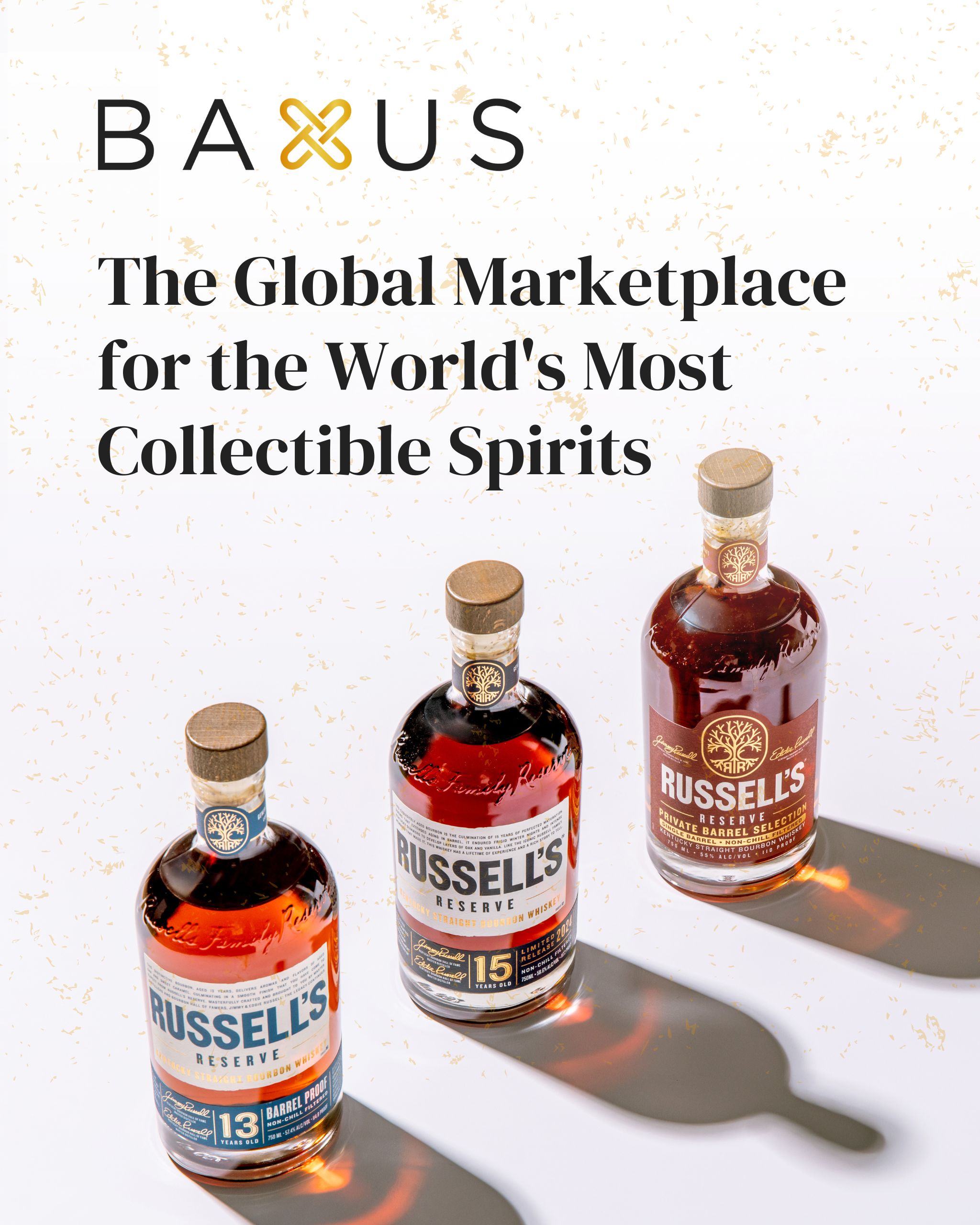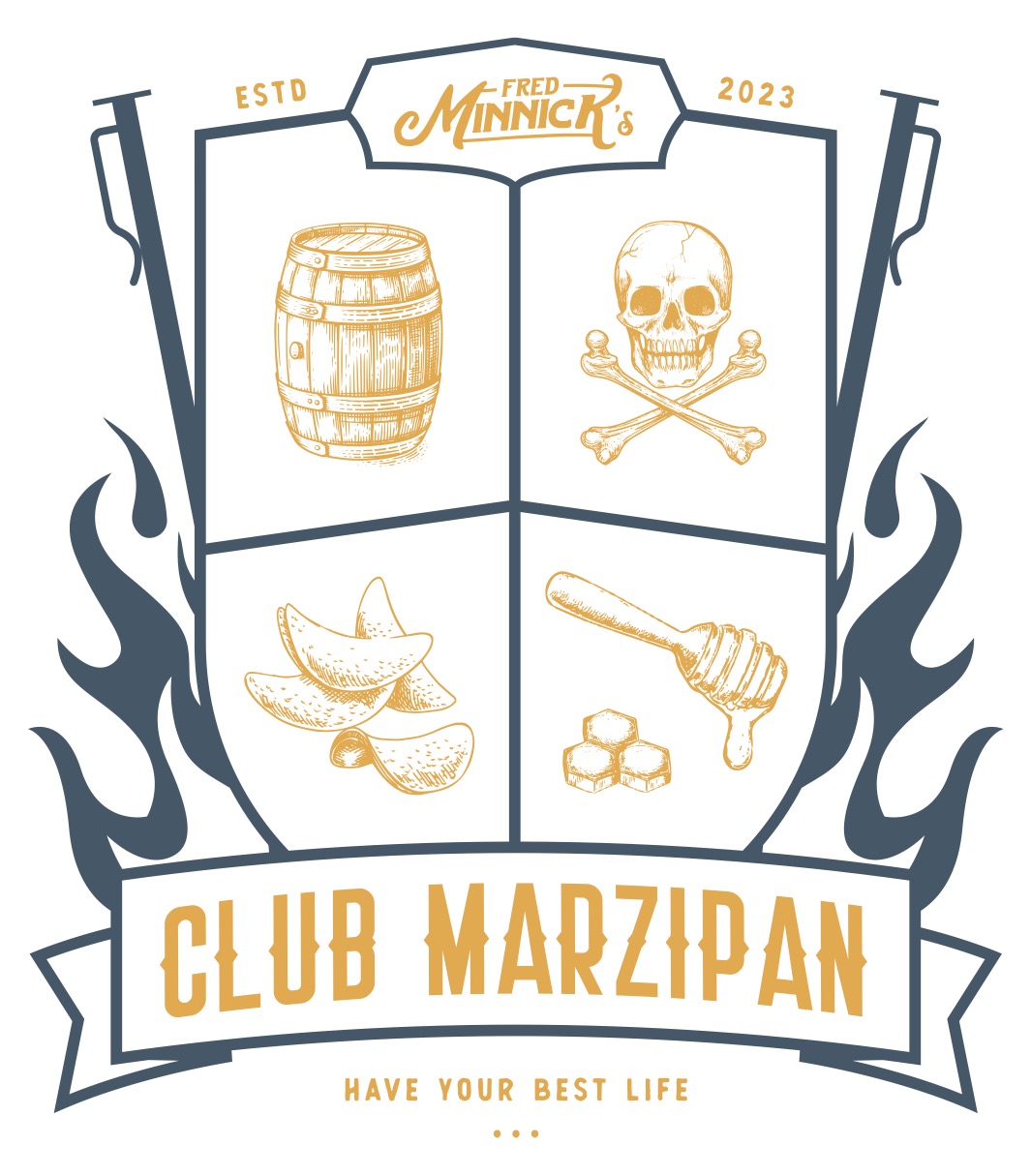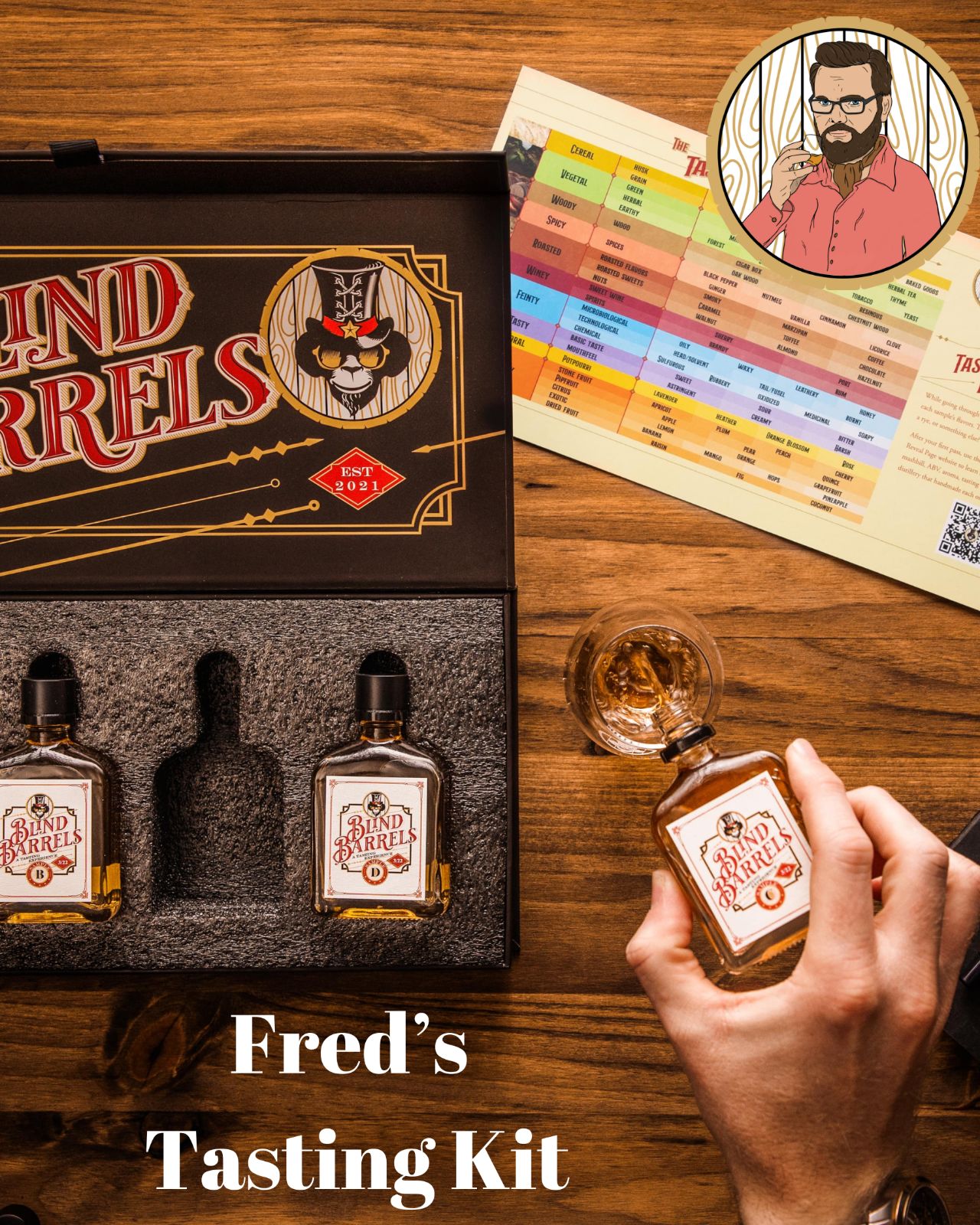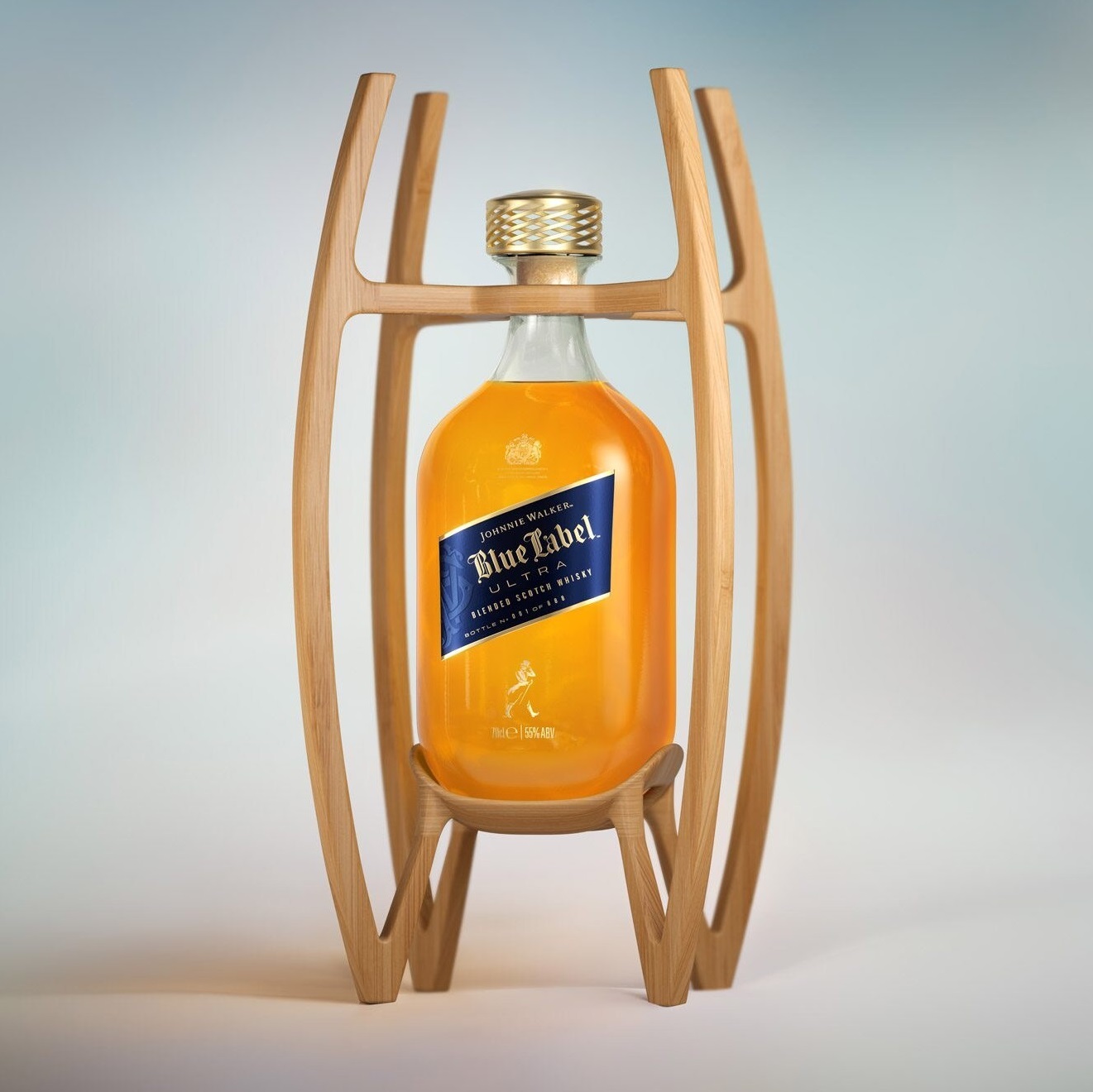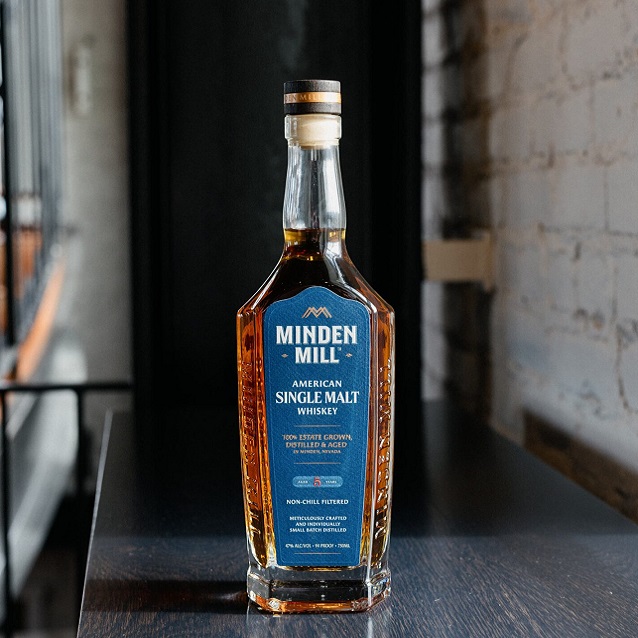ESPN’s Wright Thompson Talks Pappy Van Winkle Bourbon Legacy in His New Book, ‘Pappyland’

On this episode of The Fred Minnick Show, legendary ESPN sports writer Wright Thompson hangs out with Fred to talk about Thompson’s new book, Pappyland: A Story of Family, Fine Bourbon, and the Things That Last. Suffice to say, if you’re into the Pappy Van Winkle legacy, you’re going to love this inside look into Thompson’s relationship with Julian Van Winkle, who he shadowed for parts of three years to learn about what makes the Van Winkle family tick. Wright and Fred talk about the book, bourbon and, most importantly, the Van Winkle way. No whiskey tasting this time – Fred was sipping coffee, as it was a morning interview – but there was plenty of whiskey talk.
EPISODE SUMMARY
Fred and Wright cover a number of topics, such as:
- “It was a story about writing a book as much as anything,” Thompson tells Fred about his relationship with Julian Van Winkle and the process of getting to know him and the family’s history while writing Pappyland. He notes that much of the story he learned mirrored many things that were happening in his own life at the time.
- He also notes that he drank “a lot of good whiskey” during the research process and was able to reflect his tastes off Julian Van Winkle’s, noting that Julian was “unsentimental” toward much of the bourbon they tasted.
- And for those who don’t believe in the scarcity of Pappy Van Winkle and Old Rip Van Winkle products, Thompson says they’d better change their thinking. Because the scarcity is real. Speaking of Julian, Thompson tells Fred, “I certainly thought, ‘Well, this guy’s got a basement full of this stuff,’ and, ah, he doesn’t. … That was really interesting to see, that the scarcity is real.”
- That said, before loaning much of it to Frazier History Museum, Julian had a huge stash of priceless whiskey hiding in his basement.
- Fred and Wright also talk about tasting some of the white dog from the original Stitzel-Weller Distillery and finding it to be even smoother than some aged bourbons.
- Thompson says Julian’s goal is to create bourbon that is “the closest approximation” to Stitzel-Weller whiskey. “It was interesting to me to see how much the process for him is dancing with the ghost of that.”
- He talks about events coming up through which bourbon fans can win Van Winkle products (get involved at Wright’s Website.
- They talk about how fake Pappy often is sent back to Buffalo Trace, and Julian often tastes (and likes!) the faked bourbon, to see what people are passing of as Pappy Van Winkle.
- On how covering sports is similar to covering bourbon, Wright says, “One, people are very, very passionate about it and have long, deeply felt opinions.” He talks about how bourbon, in a way, embodies the American spirit.
- Ultimately, the book is about why people make bourbon and why so many people want to drink it, he says. “I hope in my heart of hearts that maybe I have articulated something that a lot of people like you and I … have felt but never fully articulated. I think people will say, ‘That’s me on the page. Hopefully.’”
- Fred offers that being a fan of a sports team that isn’t successful is almost the opposite of one’s love of whiskey: “Bourbon is largely joy; being a fan is mostly heartache.”
- Thompson buys bourbon to drink, not to collect or re-sell: “I would love a world in which everybody’s decanter whiskey was Old Rip. For $60 a bottle.”
- And Wright teaches us all how to make a VanHattan (good luck finding the ingredients, though).
QUOTABLES
“I don’t know if I have a complex enough whiskey palate to separate my desire for something to be great from it’s actual greatness,” Thompson says, speaking of his relationship with whiskey.
RESOURCES
FOLLOW WRIGHT
https://www.instagram.com/wrightthompsonbooks/
FOLLOW FRED
htps://www.instagram.com/fredminnick/
https://twitter.com/FredMinnick
https://www.youtube.com/channel/UCyE_GJtYr3yowks2iv1o4jg
https://www.facebook.com/fred.minnick/
SPONSORS
Manscaped (discount code: SmoothFred, 20% off and free shipping) https://www.manscaped.com/
Michter’s: https://michters.com/
B-Line (Northern Kentucky Bourbon Trail): https://findyoursippingpoint.com/












